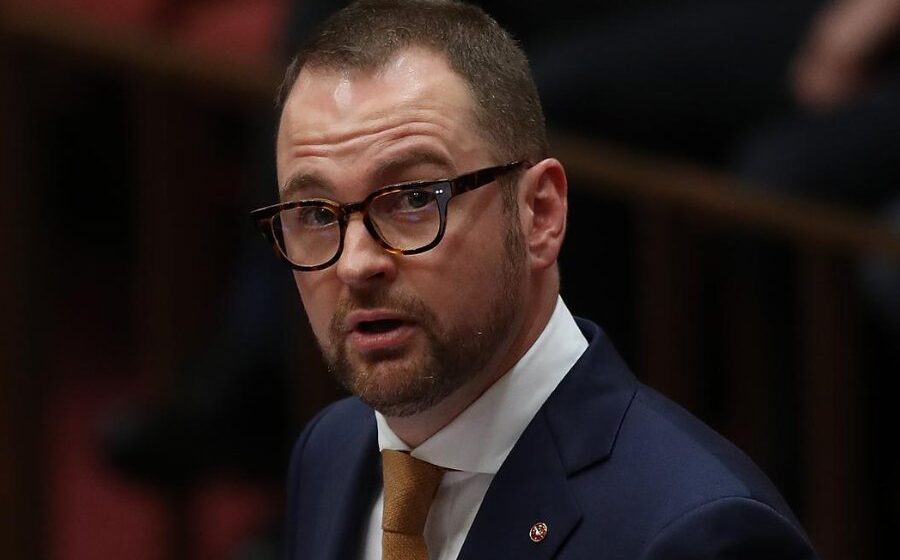Australia is preparing policy ahead of the federal election in May focusing on clearer rules for digital assets and artists. Policy specifically relating to NFTs needed to be implemented quickly to stave off a potential “brain drain” on Australia’s economy, according to NSW Liberal Senator Andrew Bragg.
Senator Bragg, speaking this week at Sydney’s inaugural 3D art NFT exhibition, Satellite, said the country needed to hear from artists on the best way forward for digital asset regulation. Tax restructuring was sorely needed to counter local firms looking to establish themselves in more favourable jurisdictions overseas, including in Singapore and the UK, he added.
“At the moment, I think there are cases where NFTs are being taxed inadvertently. There’s no real transfer of value. We want to make sure that we’re not doing that – we need to make sure we’re tax-competitive. Otherwise, why would you do business here?” Bragg tweeted.
The Australian Tax Office (ATO) has provided broad guidelines on the tax treatment of NFTs. You pay tax according to the method that applies to your particular use case:
- under the capital gains tax (CGT) regime;
- on revenue account as trading stock;
- as part of a business or profit-making scheme; or
- depending on the terms of the NFT smart contract and the rights it grants, a combination of the above.
For most users who are buying or selling NFTs, crypto art assets are treated in the same manner as normal cryptocurrency as they fall under the same rules for capital gains. The following actions involving NFTs are considered disposals and will accordingly attract CGT:
- selling NFTs in exchange for cryptocurrency;
- exchanging one NFT for another NFT or fungible cryptocurrency; or
- giving an NFT as a gift (unless it is to a tax-deductible entity such as an Australian charity).
Minting an NFT is generally not subject to tax. Only the disposal of an NFT (through sale, trade or bridging) constitutes a CGT event. The exception is when the value of the asset the NFT was minted for has increased since the original purchase, which would constitute a CGT event in itself.
Last month, the ATO signalled its intention to apply more pressure on Australian crypto traders and investors this year, as cryptocurrencies become more popular among the general Aussie population.



